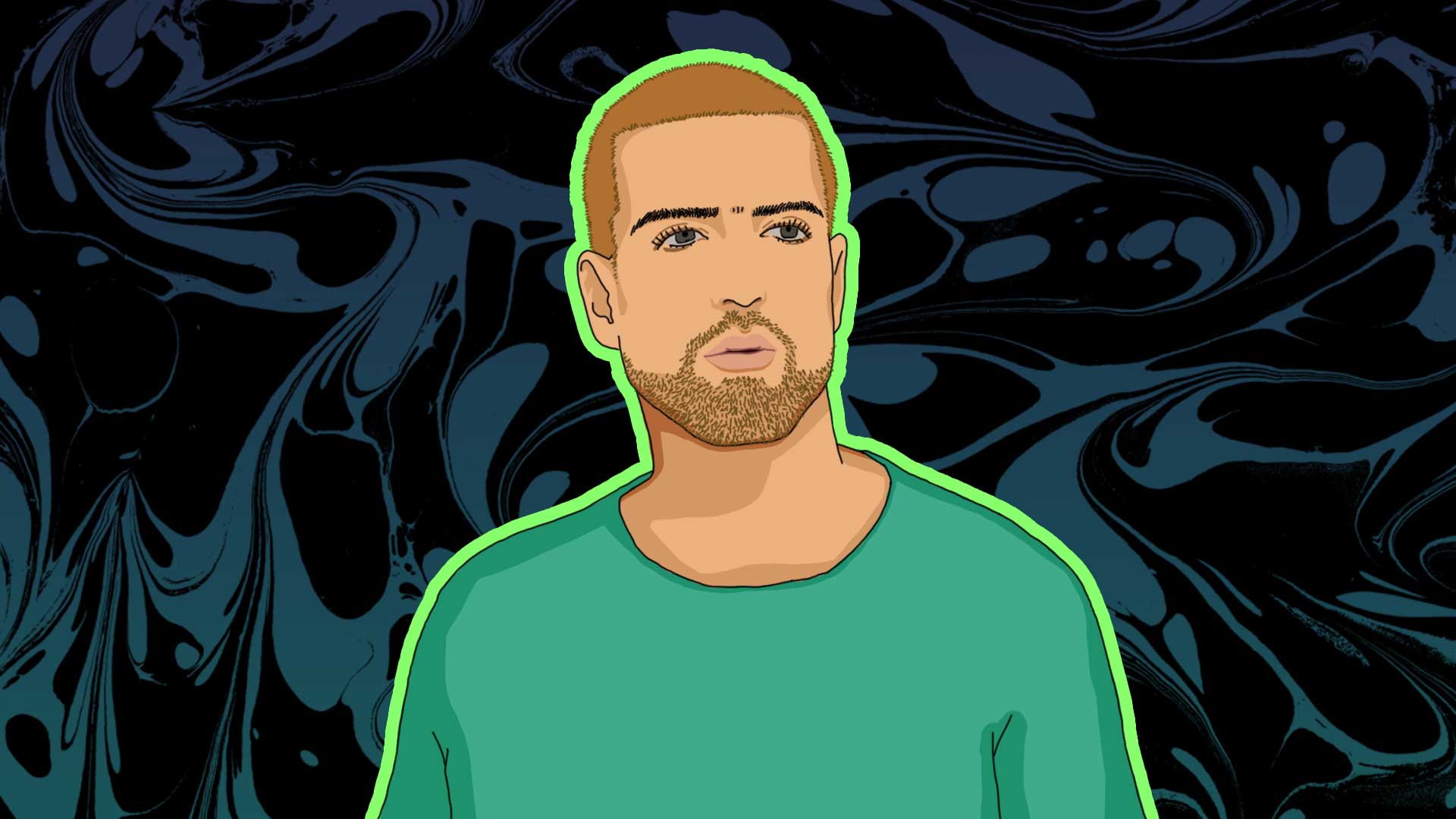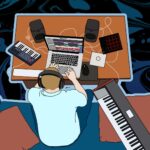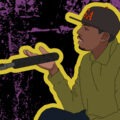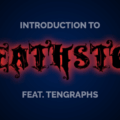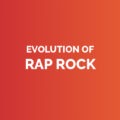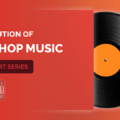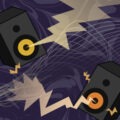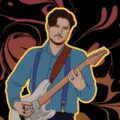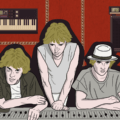In his native Montreal, Jesse Mac Cormack hardly needs an introduction. The singer-songwriter and multi-instrumentalist boasts two highly acclaimed albums, several equally praised EPs, and a growing international fan base – not to mention being a coveted record producer. While he is capable of wearing many hats prolifically, Jesse Mac Cormack chooses to be guided by what inspires him. RAC chatted with one of the most talented artists of his generation.
RAC: Jesse, you seem to be able to do everything. So what is it that you actually do?
Jesse: Oh my god! I create. I try to do as few unpleasant things as possible. I try not to force it too much – when things get stuck, I simply wave them goodbye. I stay in the flow so that I only have fun. Sometimes that also means taking a break, doing nothing.
RAC: You’re a musician by trade, and you’re also a producer. What brought you to music production?
Jesse: I produce my own music. I’m not producing as much music from other artists these days. I’ve done a lot of that over the last ten years. That’s where I was at: I wanted to jump onto existing projects and gain experience.
I’m often told that I have my own colour – in my opinion, it’s hard to make music without hearing the colour. Right now, if I were to produce, it would need to be an artist who reaches out because that’s what they’re looking for. There was a time when I felt I could do just about anything because I’m pretty versatile. But I don’t feel that way anymore.
RAC: In 2022, you released your sophomore album, SOLO. This past May, you released an EP, SOLO_2, featuring revamped tracks from the album with a heavier electro bent. How did this new musical venture come about?
Jesse: These are songs that I composed during the pandemic and the lockdown. I was in an introspective mode. Then, when we started doing shows again, I felt the need to revisit the material with more of a live, uptempo energy. I felt like taking an electro turn.
It’s a style of music that I’ve always wanted to do, and that I’ve always really liked. It’s a genre that appeals to me. I think it was the right time for me, and things just fell into place. The fact that I was in lockdown with very little equipment also led me in that direction: I only had a computer, a keyboard, and very few instruments. I was less in touch with the live alternative music scene.
I also believe that it’s a natural process for me. Right now, my show is very electronic, a bit like a DJ set. It has the same kind of energy. I’ve always created somewhat in my own little bubble and would take things to musicians. There was always this sort of barrier from doing things in the studio, and then asking myself: “Okay, how does this translate to the band?” I don’t have that barrier anymore. I can create freely and bring it to the stage the way I like.
RAC: Some artists, like Bob Dylan or Cat Power, are known for covering their own songs in a totally different style. What did you think of the experience?
Jesse: When you finish some songs and say that these are the versions that will live on the album, you close the project. But before they appear on the album, these songs may have been sitting on your hard drive for a year or two. When you reopen a project, you feel like starting all over again because you’ve evolved, you’re somewhere else, and you have different urges. That’s kind of what I did. It was quite natural. I reopened things and reworked the songs the way I was feeling at the time.
RAC: What makes a good musician, and a good producer?
Jesse: A good musician is someone who speaks the language of music. They don’t need a lot of explanation. You can talk gibberish and they will understand. A musician is very instinctive. So is the producer. But a good producer is someone who understands sound. They can place the elements so that everything happens organically. They’re also someone who hears the earworms, the hooks, who knows how to align the elements. Sometimes, when artists are composing, there’s a lot of material, and they need a little guidance, for example, someone who tells them that the intro should actually be a chorus. The producer brings a different perspective to the artist, a second set of ears.
RAC: Do you have any advice for people who want to produce music?
Jesse: I’d say go for it. All the resources are out there, right from tutorials. Don’t question it, just go for it!
RAC: What does the future hold for you?
Jesse: I’m doing a few shows this summer, and there’ll be more in the fall. I’ll be releasing a lot of music next year. I’m planning to release a single every month or so. At the moment, I’m more in creation mode than in touring mode. I currently prefer to release music and see what the repercussions are. I don’t feel the need to make an album. Making an album is nice and all, but at the moment, it’s a bit obsolete – it’s a lot of work for very little payoff. For example, when you make an album on which you’ve worked for two years, there’s a few weeks of promo, and then, it’s over. Then you start all over again. I don’t feel like doing that. I want to be in tune with what I’m creating at the moment. I create the songs, release them, there’s a reaction. I put up a new song, and so on.
https://www.instagram.com/reel/Ckq_kW3jHDe/?utm_source=ig_web_copy_link&igshid=MzRlODBiNWFlZA==
Written and translated by Christelle Saint-Julien
Illustration by Yihong Guo
